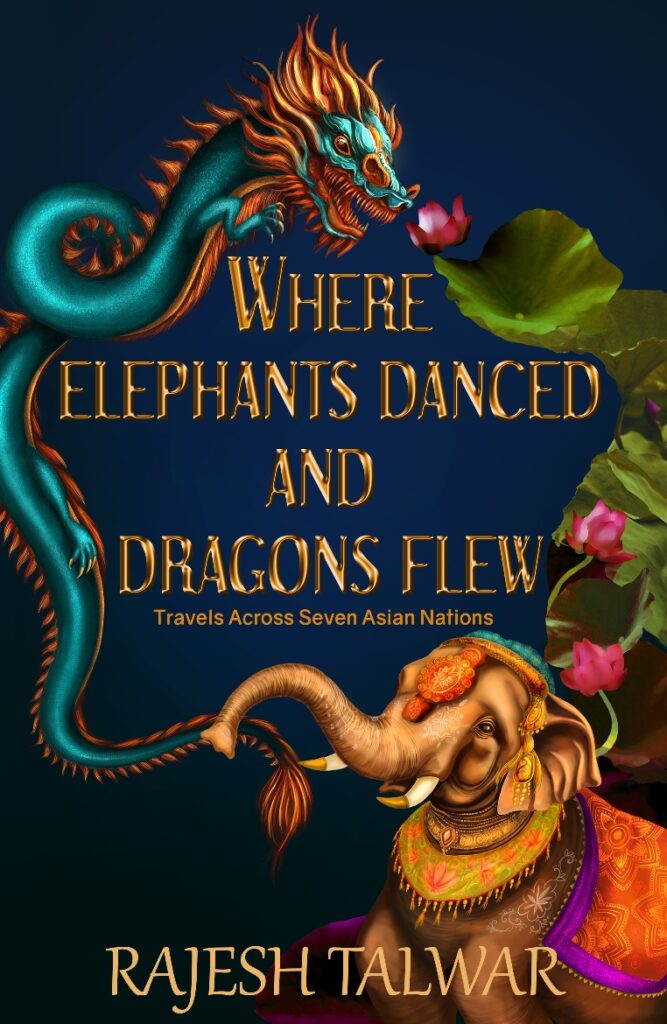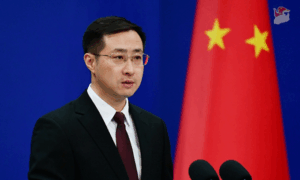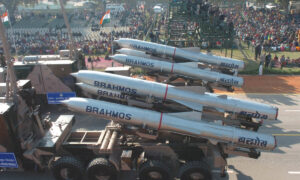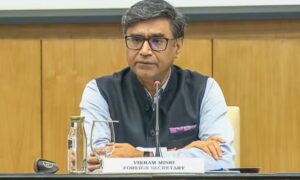
PART 2 – IN CHINESE TERRITORIES
Chapter 6. The Rise and Fall of Hong Kong
It is interesting to see what, roughly a hundred years ago, the physicist Albert Einstein – one of the world’s greatest minds – thought of Chinese culture and people during his travels in 1922 and 1923.
On a visit to Shanghai, he wrote in his notes:
In the evening, also visited Chinese popular entertainment establishment. Picturesque life. Chinese indiscriminately accepts all European music for any occasion (merrymaking, the wedding, funeral), never mind if funeral march or waltz, so long as there is plenty of trumpet blowing.
A little later, while still in Shanghai, he wrote:
Chinese dirty, tormented, lethargic, good-natured, stable, gentle and – healthy. All are unanimous in praising the Chinese, but also in regard to his intellectual inferiority in business skills; best evidence; he earns ten times lower wages in an equivalent position, and the European can still compete successfully with him as a business employee.
It was fortunate, I suppose, that Einstein stuck to the physical sciences, for a hundred years after his observations few in the world today doubt the prowess of the Chinese in business matters. It was, however, not the case that he particularly admired the Europeans who controlled Shanghai at the time, describing them as ‘lazy, self-assured, and hollow’, with masses of Chinese servants.
Einstein also visited Hong Kong on the same journey, where he expressed dismay and sympathy for the predicament of the Chinese. He wrote:
We drove up to the Peak again: I climbed up to the top. Glorious view of harbour, sea and island. Quite hot up there. We walk on foot down to the town, downhill for about one-hour, tropical groves all the way. The entire route was taken up by Chinese men, women and children, groaning while hauling bricks uphill. Most pitiful of people on Earth, cruelly oppressed and abused, treated worse than cattle; their reward for modesty, gentleness and frugality. Then drove to ship.
A further small diversion may interest my Indian readers. A hundred years ago, the plight of Indians was not so different. This is what Einstein had to say about Indians when he first met them:
We saw here for the first time an elderly Indian, fine, distinguished face with grey beard who bought us two telegrams and – begged for a tip. We saw other Indians as well, brown to black sinewy figures with expressive faces and bodies and humble demeanour. They look like nobles transformed into beggars. Much unspeakable pride and downtroddenness are united here.
On a visit to the Hindu quarter in Colombo, this is what he wrote:
I was very much ashamed of myself for having been complicit in such despicable treatment of human beings but couldn’t change anything. Because these beggars in the form of kings descend in droves on any foreigner until he has surrendered to them. They know how to implore and beg until one’s heart is shaken up.

Taking a sympathetic view of their predicament and character, he wrote:
No shouting like the Levantines in Port Said. No brutality, no market crying existence but quiet, acquiescent drifting along, albeit not lacking in a certain light-heartedness. Once you take a proper look at these people you can hardly take pleasure in the Europeans anymore, for they are more brutal and look so much cruder and greedier – and therein lies their practical superiority, their ability to taken on grand things and carry them out. Wouldn’t we too, in this climate become like the Indians?
Finally, speaking of the backbreaking work, he wrote:
In the harbour, lively bustle. Herculean labourers with shiny, black bodies take care of the cargo. Divers perform their neck-breaking skills.
To return to the Chinese, India’s first prime minister, Jawaharlal Nehru, was much taken up with Chinese culture and brilliance, and in his famous Glimpses of World History he devotes a disproportionate amount of space to Chinese achievements. This explains, partially, why the 1962 war came as such as severe shock to him.
( Extracted with due permission from author, publisher)
[the_ad id=”55723″]


















